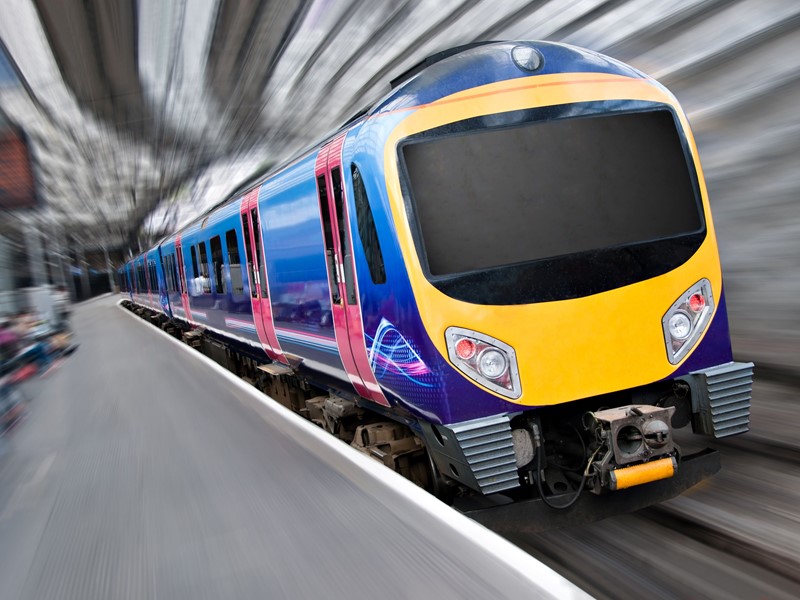There is no requirement to report certain routine expenses to HMRC. The types of expenses and benefits covered are referred to as exemptions and have replaced dispensations which can no longer be applied for.
The travel and subsistence benefits that do not need to be reported include reimbursed costs to employees covering business travel. As an alternative to paying the employee back for actual costs incurred, HMRC’s benchmark scale rates or a special bespoke scale rate may be used. Employers only need to apply for an exemption if they want to use a bespoke scale rate which needs to be approved by HMRC.
Employers that reimburse their employees with more than the necessary costs need to take action. The extra amounts should be added to employee’s other earnings and PAYE and Class 1 NIC’s will be due.
There is usually no tax relief for private travel between a permanent workplace and an employees’ home. Accounting for any tax due on private travel depends on who arranged the transport and who paid for it. There are a number of exceptions such as temporary workplaces and where the employee has a travelling appointment.
Employers must also ensure that they have a checking system in place to ensure that employees are making valid expenses claims. This requirement is usually satisfied by asking employees to submit or retain receipts as evidence of a valid expense claim. HMRC is clear that employees aren’t allowed to check their own expenses and that someone else within the company must be responsible to ensure a claim is legitimate.


Recent Comments